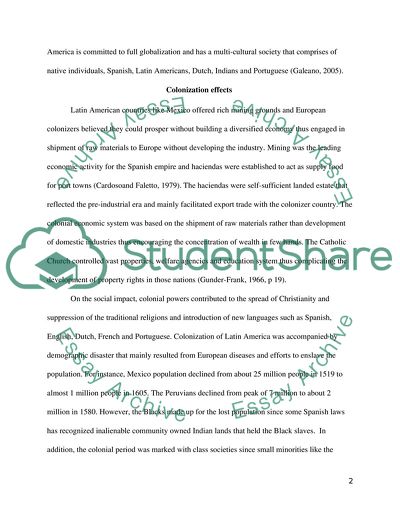Cite this document
(“How Experience of Colonialism Affected Latin American Development And Essay”, n.d.)
Retrieved from https://studentshare.org/social-science/1644579-how-experience-of-colonialism-affected-latin-american-development-and-post-independence
Retrieved from https://studentshare.org/social-science/1644579-how-experience-of-colonialism-affected-latin-american-development-and-post-independence
(How Experience of Colonialism Affected Latin American Development And Essay)
https://studentshare.org/social-science/1644579-how-experience-of-colonialism-affected-latin-american-development-and-post-independence.
https://studentshare.org/social-science/1644579-how-experience-of-colonialism-affected-latin-american-development-and-post-independence.
“How Experience of Colonialism Affected Latin American Development And Essay”, n.d. https://studentshare.org/social-science/1644579-how-experience-of-colonialism-affected-latin-american-development-and-post-independence.


